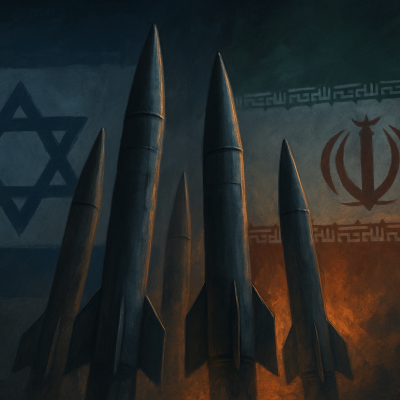Satoshi Ikeuchi, Professor, Religion and Global Security, University of Tokyo
President Trump’s abrupt order to abandon Syrian Kurds and the subsequent twists of decisions have led East Asian allies of the United States to a deep reflection.
From a point of view, the dictum might be “What happens in the Middle East will happen in the East Asia.” If Japan follows this lesson, it might hedge against the arbitrary change in U.S. policy and diversify its security partnership.
From a different point of view, the US drawdown in the Middle East is to an advantageous move for the US allies in the East Asia. For those who adopt this viewpoint, the US allies of the Middle East are competitors with whom Japan competes for its share of the public goods which is called deterrence ultimately sustained by the American troops. Japan might rejoice the U.S. exit from the Middle East and welcome further pivot to Asia facing China whose threat is swelling day by day.
To determine which way of understanding is correct and which action should be taken is becoming a more compelling issue.
Two recent reports of the possible Japanese involvement in the Gulf region shows the agony of deciding which way to take and reconciling two mutually incompatible choices.
On October 18, Japan’s Chief Cabinet Secretary Yoshihide Suga announced that Japanese government is considering a dispatch of Maritime Self-Defense Force vessels to the area overlapping the Gulf of Oman, the northern part of the Arabian Sea and the eastern part of the Bab el-Mandeb strait, to guard ships which supplies Japan energy.
It’s Japan’s response to the U.S. call for sharing the burden of securing the sea lanes. The U.S. initiative is headquartered in Bahrain and now branded as Coalition Task Force Sentinel. Japan, however, declined to participate in the U.S. initiative and proposed this plan of dispatch as a separate mission.
On October 20, a Japanese newspaper reported that Japan is planning to join France in offering Iran credit lines to alleviate the impact of the U.S. sanctions. According to the report, Japan adds to the French proposal of $15 billion loan to make the total sum of 2 trillion yen ($18.42 billion), on the condition of Iran’s full compliance with the 2015 nuclear deal known as JCPOA. Japan seems to condition the loans to be used for Iran’s purchase of food and medicine: Oil for Food. Iranian newspapers and agencies joyously transferred this report, even though Japanese government quickly denied it.
Those two reports show Japan’s very difficult balancing-acts between maintaining its most important security ties with the U.S. and searching for ways to alleviate the tension in the Gulf which poses threat to Japan’s energy security.





